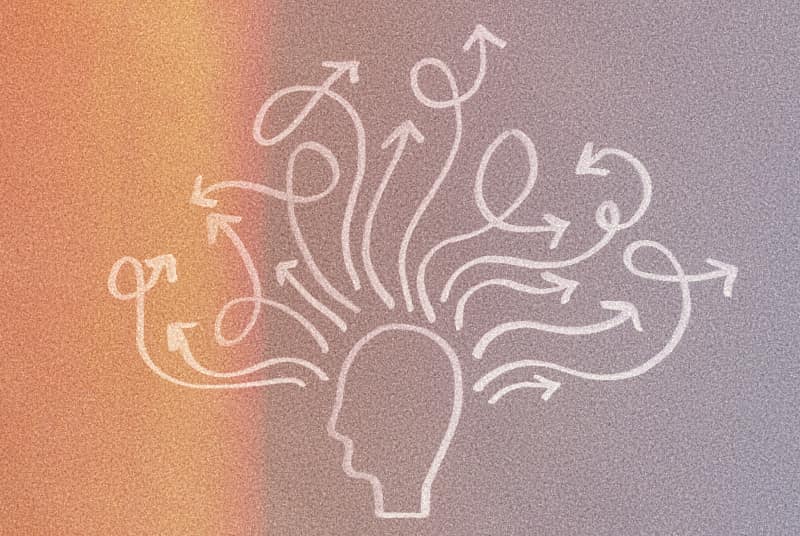Adderall is a prescription amphetamine that is highly effective in treating ADHD (Attention Deficit Hyperactivity Disorder).
However, the same properties that make Adderall effective for treating ADHD can also make it addictive. When taken in high doses or used recreationally, Adderall can produce a sense of euphoria, increased energy, and heightened alertness. These effects can be highly desirable for some people and can lead to misuse and addiction. Adderall is a Schedule II controlled substance, meaning it has a high potential for abuse and addiction.

Additionally, people who use Adderall to manage their symptoms of ADHD may become psychologically dependent on the medication. They may feel like they cannot function or perform tasks as well without it and may continue to use it even when it is no longer medically necessary. This can lead to misuse and addiction over time.
What are the symptoms of Adderall addiction?
Adderall addiction causes several physical symptoms, such as;
- Dilated pupils
- Insomnia and restlessness
- A decrease in appetite and weight loss
- Abnormally high energy levels and/or talkativeness
- Social isolation
Signs that someone has developed a dependency include;
- Not being able to complete tasks without the use of Adderall
- Taking the drug in larger doses than recommended or prescribed
- Urges or cravings, usually characterized by extreme irritability
- Suffering from withdrawal. Withdrawal symptoms include nausea, vomiting, extreme fatigue, and mood changes.
The consequences of untreated Adderall addiction
Because Adderall affects the brain, long-term abuse can potentially cause significant mental issues and personality changes. Some users may experience increased anger, depression, anxiety, and in extreme cases, even psychosis.
Adderall is also known to increase the risk of heart attacks, strokes, and coronary artery disease. This is due to the fact that the drug raises heart rate and blood pressure during short-term use, which may cause long-lasting damage to the heart and arteries.
The benefits of MAT in treating Adderall addiction
Medication-Assisted Treatment (MAT) can be an effective approach to treating Adderall addiction. MAT for Adderall addiction typically involves the use of medications that can help manage withdrawal symptoms, reduce cravings, and support long-term recovery.
Some of the benefits of MAT for Adderall addiction include:
- Reducing withdrawal symptoms: MAT can help manage the physical and psychological symptoms of Adderall withdrawal, such as fatigue, depression, and irritability.
- Reducing cravings: Medications used in MAT can help reduce the intense cravings that can make it difficult to abstain from Adderall.
- Reducing the risk of relapse: MAT can help prevent relapse by reducing the intensity of withdrawal symptoms and cravings, which can be powerful triggers for relapse.
- Supporting long-term recovery: MAT is typically used in combination with behavioral therapies, which can help individuals learn new coping skills and build a strong foundation for long-term recovery.
- Improving overall health: By reducing the harmful effects of Adderall addiction on the body and mind, MAT can improve overall health and well-being.
Getting Help for Adderall addiction
Adderall addiction can have a lasting negative impact. People who abuse the drug run the risk of developing serious and sometimes irreversible health problems and mental issues. Along with that, addiction can cause destruction in their everyday lives and the lives of their loved ones. The longer active addiction carries on, the more difficult it becomes for users to function and focus in environments such as at home, school, or work.
Outpatient detox can be a useful component of Adderall addiction treatment, particularly in the early stages of recovery. Outpatient detox allows individuals to receive medical monitoring and support while continuing to live at home and attend work or school.
During outpatient detox for Adderall addiction, healthcare providers can closely monitor withdrawal symptoms and provide medications to help manage them. This can help reduce the intensity of withdrawal symptoms and make it easier for individuals to continue with their daily routines.
If you have more questions about addiction treatment, call the Volpicelli Center for addiction treatment, today. Call now: 484-351-8031.

